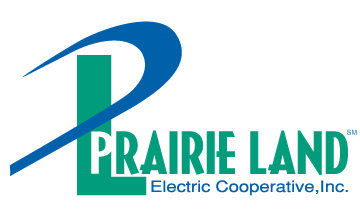Congress created a problem for electric co-ops when it made changes to the tax code in 2017. The changes were targeted at for-profit companies in an effort to end federal tax-free treatment of state incentives.
The statute has a provision that classifies federal, state and local grants to co-ops as non-member income. These grants were previously classified as capital. Federal law has long required co-ops get 85% of their income from members. Assistance from government and other nonprofits wasn’t counted in the remaining 15%, but the revised tax code changed that, making it more difficult for co-ops to meet the requirement.
The 2017 tax law inadvertently put nonprofit co-ops in the position of having to decide whether to risk their tax-exempt status to accept grants, including those from the Federal Emergency Management Agency to restore power after storms, floods, fires, earthquakes or other disasters. The loss of tax-exempt status could stick co-op members with the cost of paying taxes unless Congress fixes the problem.
Congressional action is the only way to address this issue. Fortunately, lawmakers recognize this as an unintended consequence of the 2017 tax bill and they have introduced bipartisan legislation, the RURAL Act, to restore certainty and common sense.
The bill, introduced by Reps. Terri Sewell (D-Ala.) and Adrian Smith (R-Neb.) and Sens. Rob Portman (R-Ohio) and Tina Smith (D-Minn.), in April, ensures co-ops do not jeopardize their tax-exempt status when they accept government grants.The bill has overwhelming bipartisan support in Congress, and cooperatives throughout the country are working with lawmakers to pass this important legislation.
“It’s our No. 1 issue; all hands on deck. We’re doing everything we can,” said Jim Matheson, CEO of the National Rural Electric Cooperative Association.
